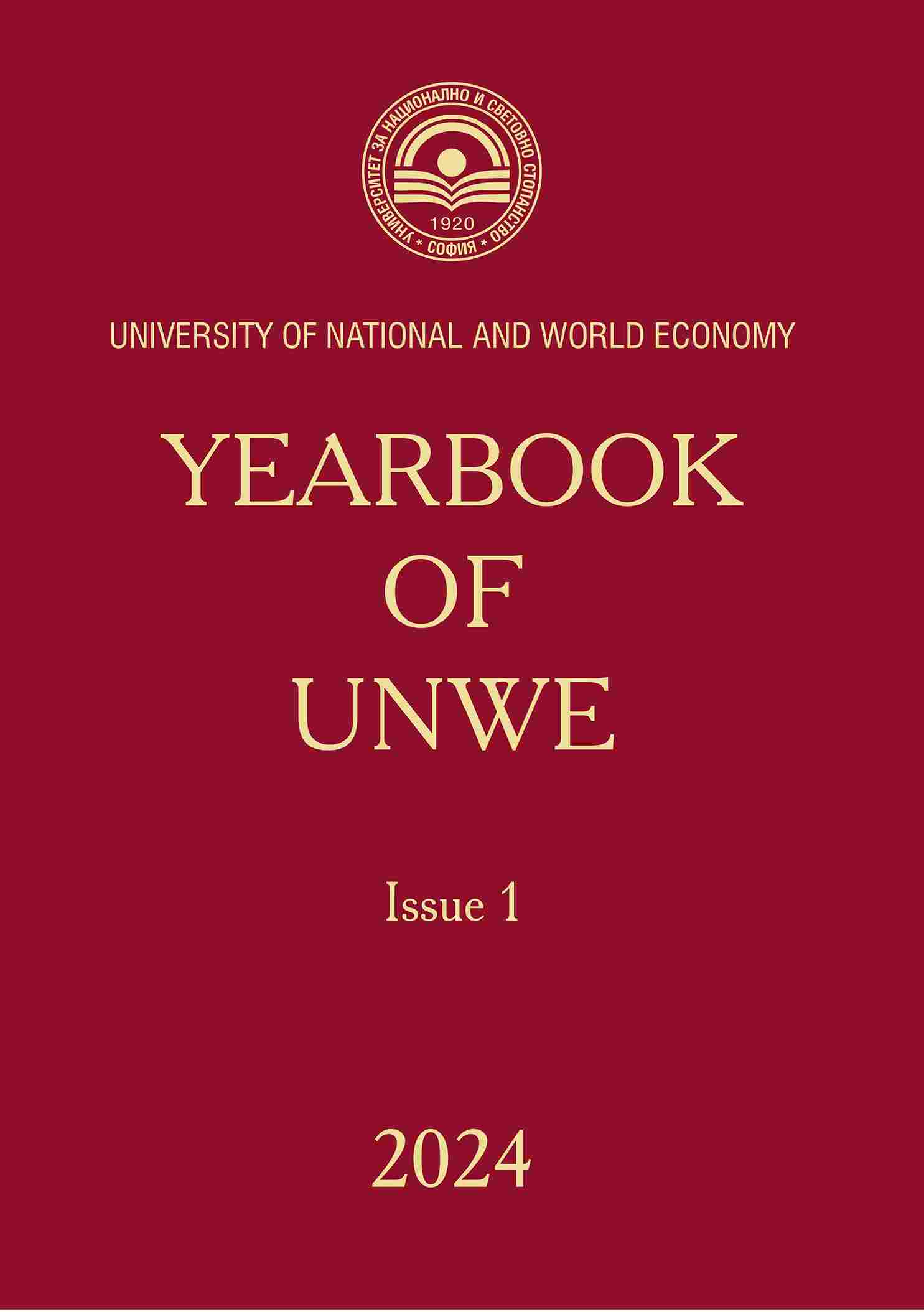The Global Framework for the Regulation of Artificial Intelligence
The Global Framework for the Regulation of Artificial Intelligence
Author(s): Emil AsenovSubject(s): Politics / Political Sciences, Politics, Social Sciences, Economy, Supranational / Global Economy, Business Economy / Management, Sociology, Economic policy, Security and defense, Social Informatics, ICT Information and Communications Technologies, Socio-Economic Research
Published by: Университет за национално и световно стопанство (УНСС)
Keywords: international organizations; artificial intelligence; regulation; risks
Summary/Abstract: The need for regulatory governance of matters related to artificial intelligence is driven by the rapid pace of technological changes resulting from its application across various sectors of the economy and society. The potential risks and challenges provide grounds for numerous international organizations and technologically advanced countries to prioritize the establishment of adequate regulatory solutions and the implementation of effective approaches to address the complex theoretical and legal issues pertaining to artificial intelligence. Within the regulatory framework structure related to the regulation of artificial intelligence, two levels can be clearly distinguished. The first level is global and pertains to various initiatives and documents that play a crucial role in the regulatory governance of artificial intelligence, adopted by international organizations. The second level of artificial intelligence regulation pertains to national jurisdictions, particularly of technologically and industrially advanced countries. The article examines the main decisions and documents that define the content of the global framework for regulating artificial intelligence, including various initiatives and documents adopted by international organizations such as the United Nations (UN), UNESCO, the Organization for Economic Co-operation and Development (OECD), the G7 countries, the International Organization of Securities Commissions (IOSCO), and others. The analysis of these decisions shows that they predominantly contain norms of a declarative and recommendatory nature. However, they play an important role by setting global goals, ethical standards, organizational approaches, and applicable tools necessary for building regulatory frameworks within national jurisdictions.
Journal: Годишник на УНСС
- Issue Year: 1/2024
- Issue No: 1
- Page Range: 7-21
- Page Count: 15
- Language: English

